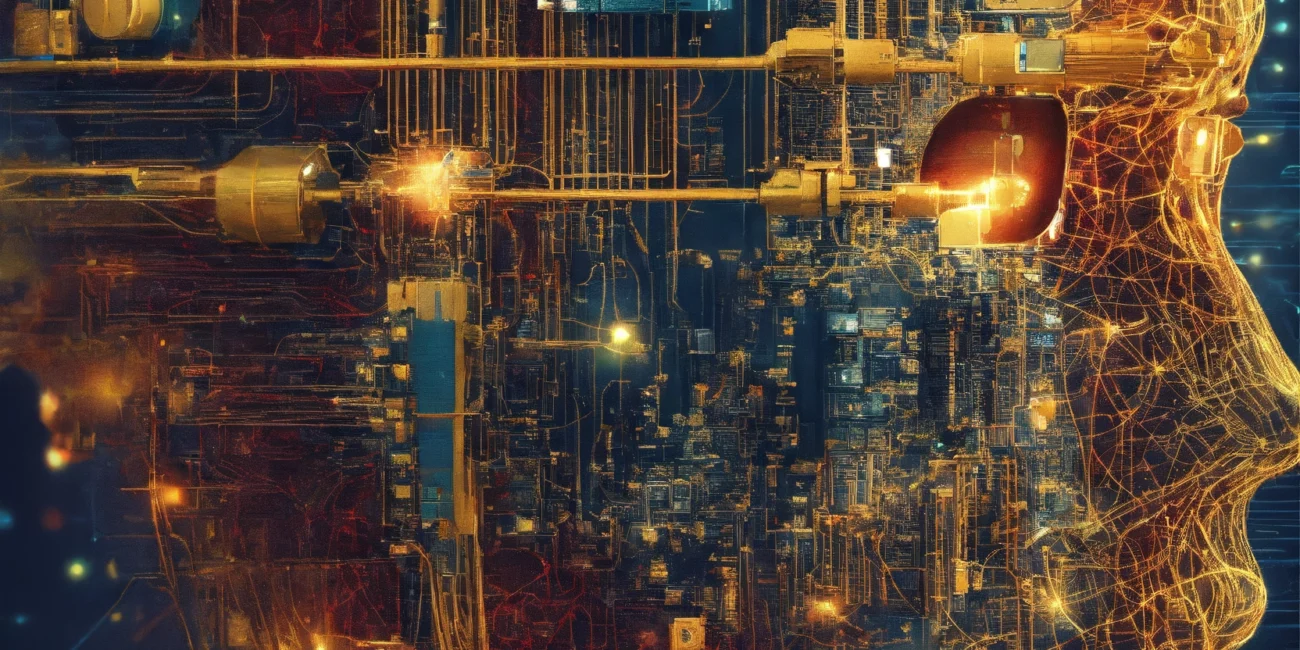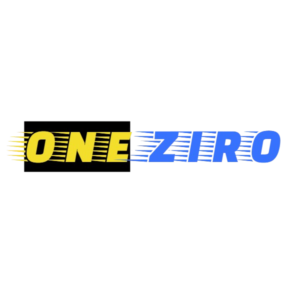Unpacking the Most Asked Questions About AI: Insights, Applications, and Ethics

Are AI Detectors Accurate?
While AI detectors are improving, they’re not foolproof. They often rely on analyzing patterns in text or images to guess whether AI generated them. But false positives (human work flagged as AI) and false negatives (AI work passing as human) are common. The accuracy depends on the sophistication of both the detector and the AI model. For now, these tools serve as helpful but imperfect guides.
Are AI-Generated Images Copyrighted?
The legal status of AI-generated images is complex and varies by region. If a person provides significant creative input, they may hold copyright in many jurisdictions. However, purely AI-created works might not be protected, leaving room for debate and potential exploitation.
Can AI Replace Human Intelligence?
AI excels at tasks like data processing, pattern recognition, and automation but lacks emotional intelligence, creativity, and adaptability. Rather than replacing humans, AI complements our abilities, making us more efficient and capable of tackling complex problems.
How Does AI Work?
AI operates by using algorithms to process data and learn patterns. Techniques like machine learning and neural networks enable it to analyze inputs, predict outcomes, and make decisions. Simply put, AI mimics certain aspects of human thinking but on a massive scale and speed.
How Is AI Used in Healthcare?
From early disease detection to robotic surgeries, AI is transforming healthcare. Predictive analytics identify potential health risks, while AI-powered chatbots provide round-the-clock patient support. Radiology, drug discovery, and personalized treatment plans are also benefitting immensely.
What Can AI Do?
AI’s applications span industries:
- Creative tasks (generating images, writing content).
- Data-driven decisions (financial forecasting, fraud detection).
- Automating tasks (smart assistants, robotic process automation).
- Enhancing user experiences (recommendation systems, personalized content).
Which AI Is Best?
It depends on the task! For conversational AI, OpenAI’s ChatGPT is popular. Image generation? MidJourney and DALL-E shine. Scientific discoveries? DeepMind’s AlphaFold leads the pack. Each AI specializes in its niche, making “best” relative.
Which AI Can Generate Images?
Tools like DALL-E, Stable Diffusion, MidJourney, and Runway ML are leaders in image generation. These platforms allow users to create stunning visuals based on text prompts.
Will AI Replace Software Engineers?
AI tools can automate coding tasks, suggesting snippets or debugging errors. However, the creative and problem-solving aspects of software engineering ensure human engineers will remain indispensable.
AI for PPT Making?
AI tools like Beautiful.ai, Canva, and Simplified are revolutionizing how presentations are made. They offer templates, design suggestions, and content ideas, making it easier to create professional slides quickly. For a complete content creation workflow, tools like Frase can help generate ideas and optimize SEO-driven presentation content.
AI Versus Human?
AI outperforms humans in repetitive, data-heavy tasks but falls short in creativity, empathy, and adaptability. Together, AI and humans create a powerful synergy rather than a competition.
AI Versus Google?
Google focuses on retrieving information, while AI models like ChatGPT aim to generate contextualized, conversational responses. They complement each other rather than directly competing, serving different purposes in the digital ecosystem.
Can AI Mimic Human Creativity?
While AI can create art, music, and written content, its creativity is limited to the data it has been trained on. Human creativity stems from experiences, emotions, and an innate ability to think beyond patterns—areas where AI still falls short.
How Does AI Impact Jobs?
AI is automating repetitive tasks, leading to efficiency but also job displacement in certain sectors. However, it’s also creating roles in AI development, data analysis, and ethical oversight. Upskilling and adapting to new opportunities remain crucial for the workforce.
What Are the Ethical Concerns with AI?
Bias, privacy invasion, and misuse are key ethical challenges. Ensuring transparent AI systems, equitable access, and robust regulations is essential for harnessing AI responsibly.
Which Industries Benefit Most from AI?
AI is revolutionizing sectors like healthcare, finance, retail, and manufacturing. From predictive maintenance in factories to fraud detection in banking, its applications are vast and impactful.
Can AI Solve Global Challenges?
AI holds promise for addressing climate change, poverty, and global health issues. For instance, AI models help optimize energy usage, predict natural disasters, and accelerate medical research.
How Can Individuals Leverage AI?
From AI-powered personal assistants to learning tools like Duolingo and AI-driven investment apps, individuals can use AI to boost productivity, enhance learning, and manage finances effectively. For bloggers and content creators, tools like Frase can help optimize articles for SEO, generate ideas, and even create content outlines tailored to trending topics.
Optimize Your Content with Frase
If you’re looking to enhance your writing or streamline content creation, try Frase. This AI-powered tool can help you craft SEO-optimized blogs, analyze competitors, and generate content ideas in minutes. Click here to explore Frase and take your content game to the next level.
